When it comes to vitamins, stick us on the B-List. As a form of vitamin B-3, Niacinamide is an essential nutrient that offers a bounty of benefits to the skin, from reducing the appearance of discoloration to improving the skin's barrier function, texture, and moisture content.
This ingredient has seen a massive surge in popularity over the past few years, for good reason. But despite what you might think you know about Niacinamide, this blog explores a fresh take on the multiple benefits of this beloved ingredient. We’ll also break down why Niacinamide is a crucial ingredient in the formula performance of Ultra Peptide Cream and C Body Cream.
What is Niacinamide?
Niacinamide, or nicotinamide, is a water-soluble form of vitamin B3 (known as niacin) naturally found in a well-balanced diet with foods such as fish, nuts, legumes, and whole grains. As an essential nutrient for the body, it plays an important role in energy metabolism and DNA repair. The body can also produce Niacinamide from the amino acid tryptophan, or it can be taken as a supplement.
What are the benefits of Niacinamide for the skin?
Niacinamide is such an incredibly versatile ingredient that it’s challenging to group all its skincare benefits! It adds tremendous value to any formula. It is well-tolerated by any skin type and also works to help improve practically any skin condition in a gentle but potent manner. For meaningful results, you’ll find Niacinamide percentages ranging from 5 to 20% in cosmetic formulas depending on the product type and efficacy.
Niacinamide is an impressive, universal, multi-functional ingredient that would make our “desert island” cut. So, whenever you see Niacinamide on an INCI list, know that good things are in store for your skin.
- Helps Reduce Appearance of Discoloration: One of the most well-known benefits of Niacinamide is its ability to reduce the appearance of discoloration. Discoloration is caused by an overproduction of melanin, which can be triggered by sun exposure, the natural process of aging, and hormonal changes. Niacinamide helps to reduce the appearance of discoloration by inhibiting the transfer of melanin to the skin's surface, resulting in a more even, brighter skin tone.
- Helps Improve Skin Surface Texture: Niacinamide has been shown to improve the skin's texture by reducing the appearance of fine lines, wrinkles, and pore size. It works by increasing the skin's structural support, which helps to deliver a plumper-looking surface and reduces the appearance of fine lines and wrinkles. Niacinamide also helps to tighten and refine the appearance of pore size, resulting in a smoother, more even complexion.
- Soothes and Calms Skin: Niacinamide has soothing properties that can help reduce the appearance of redness and sensitivity in the skin. It effectively reduces the signs of reactive skin conditions, making it an excellent choice for those prone to blemishes or redness flare-ups.
- Can Help Boost Skin's Moisture Content: Niacinamide can improve the skin's barrier function, which helps to lock in moisture and prevent dryness. It has been shown to increase the production of ceramides, which are lipids that help to maintain the skin's moisture barrier. This can help to reduce the appearance of dryness and flakiness, resulting in a more hydrated, radiant complexion.
- Can Balance Sebum Appearance: Niacinamide has been shown to regulate the skin's production of sebum, which can help reduce the appearance of oily skin and minimize blemish development. It works by helping to inhibit the production of sebum, which can clog the pores and lead to breakouts. Niacinamide can also help to reduce redness and irritation associated with blemishes, resulting in a clearer, more balanced complexion.
- Improves Skin's Resilience: Niacinamide has antioxidant properties that can help strengthen the skin's natural defense system to protect against environmental damage like UV radiation and pollution. By stimulating the production of antioxidants, Niacinamide has been shown to improve the skin's resilience by neutralizing free radicals that can cause oxidative damage to the skin.
- Can Help Enhance Skin's Elasticity: Niacinamide can help improve the look of skin firmness by increasing the skin's supportive structure, which can help reduce the appearance of fine lines and wrinkles. It also helps to boost the skin's moisture content, resulting in a more plump-looking and supple complexion.
What other ingredients does Niacinamide pair well with?
We don’t know of any ingredients Niacinamide does not play well with, which gives it such coveted, universal value. Niacinamide is uniquely compatible with any skincare product, with its benefits impacting overall skin health, hydration, texture, strength, and tone. To showcase, here are a few favorite ingredient pairings for Niacinamide from our line:
- Vitamin C (found in C Complex Serum, Active Infusion Oil, and C Body Cream)
- Retinoid (found in Active Infusion Oil)
- Peptides (found in Ultra Peptide Cream)
- Ceramides (found in Ultra Peptide Cream)
- Hibiscus Flower Acid (found in Daily Acid Toner, Body Acid Serum, and Hydration Boost Concentrate)
- Botanical Hyaluronic Acid (found in Hydration Boost Concentrate, Daily Acid Toner, and Body Acid Serum)
- Licorice Root (found in C Complex Serum, Cacao Antioxidant Mask, Active Enzyme Exfoliator, Advanced Hydration Mask, Hydrating Accelerator, and Vital Balm Cream)
- Glycerin (found across our entire collection)
- Aloe Vera (found across our entire collection)
- Antioxidants (found across our entire collection)
We chose Niacinamide as a key ingredient in Ultra Peptide Cream because of its ability to support both the function and structure of the skin through a multi-disciplinary approach (aka, the seven benefit groups listed in the section above). In addition, Ultra Peptide Cream was designed to work with any skin type, so Niacinamide was a logical choice to boost the high-performance results of this bioactive serum. In a third-party consumer perception study, the clinical data on Ultra Peptide Cream revealed that:
- 88% of participants saw an improvement in skin texture and visibly brighter skin
- 88% of participants experienced improved skin health and appearance
- 88% of participants said their skin looks healthier, brighter, and smoother
- 85% of participants had firmer, lifted, and more plump skin
- 82% of participants experienced more elastic and supple skin
What should I expect from Niacinamide?
We’ve said many incredible things about Niacinamide here - and you should expect great benefits from it - but keep in mind that Niacinamide will not single-handedly bring about world peace (to your skin), or solve all your skincare challenges as a solo ingredient. Niacinamide is a superstar, but the benefits over time from ingredient synergy and well-formulated products bring real and sustainable results.
Niacinamide is just one important part of that skincare journey.
Resources
“Nicotinamide increases biosynthesis of ceramides as well as other stratum corneum lipids to improve the epidermal permeability barrier.” British Journal of Dermatology. 2000.
“The effect of niacinamide on reducing cutaneous pigmentation and suppression of melanosome transfer.” British Journal of Dermatology. 2002.
"Nicotinamide: A B vitamin that improves aging facial skin appearance.” Dermatologic Surgery. 2005.
"A randomized, controlled comparative study of the wrinkle reduction benefits of a cosmetic niacinamide/peptide/retinyl propionate product regimen vs. a prescription 0.02% tretinoin product regimen." The Journal of Drugs in Dermatology. 2013.
"Niacinamide: A potent agent in dermatology with antioxidant and anti-inflammatory properties.” Journal of Cosmetic Dermatology. 2014.
"Effects of niacinamide on skin barrier function in healthy volunteers." Journal of Dermatological Science. 2010.
"Niacinamide-containing facial moisturizer improves skin barrier and benefits subjects with rosacea." Cutis. 2005.
"Niacinamide: A review of its use in dermatology.” Skin Therapy Letter. 2010.
"Niacinamide as an anti-inflammatory and anti-aging ingredient in dermatology." Journal of Cosmetic Dermatology. 2014.
“The role of nicotinamide in acne treatment.” Dermatologic Therapy. 2017.
“Nicotinamide and the skin.” Australasian Journal of Dermatology. 2014.
“A Review of Nicotinamide: treatment of skin diseases and potential side effects.” Journal of Cosmetic Dermatology. 2014.
“Nicotinic acid/niacinamide and the skin.” Journal of Cosmetic Dermatology. 2004.
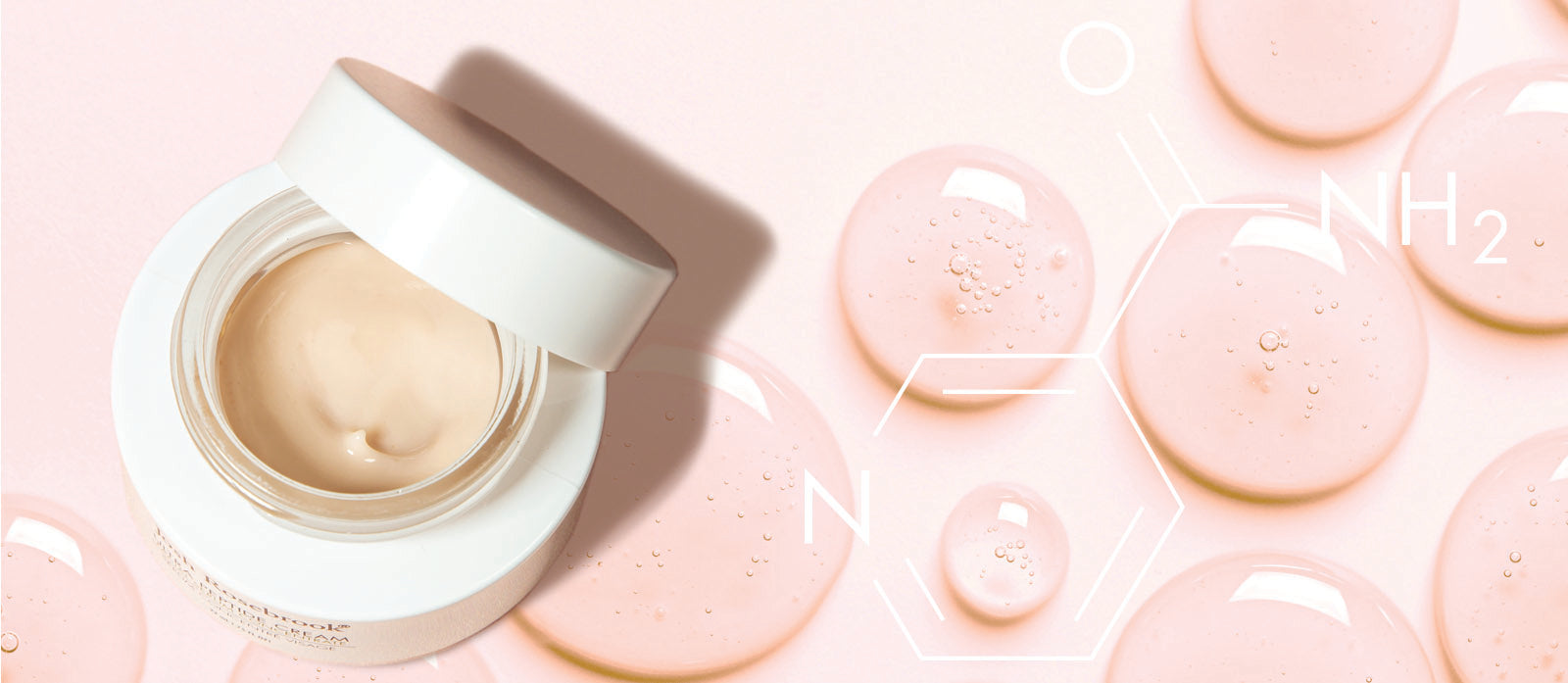



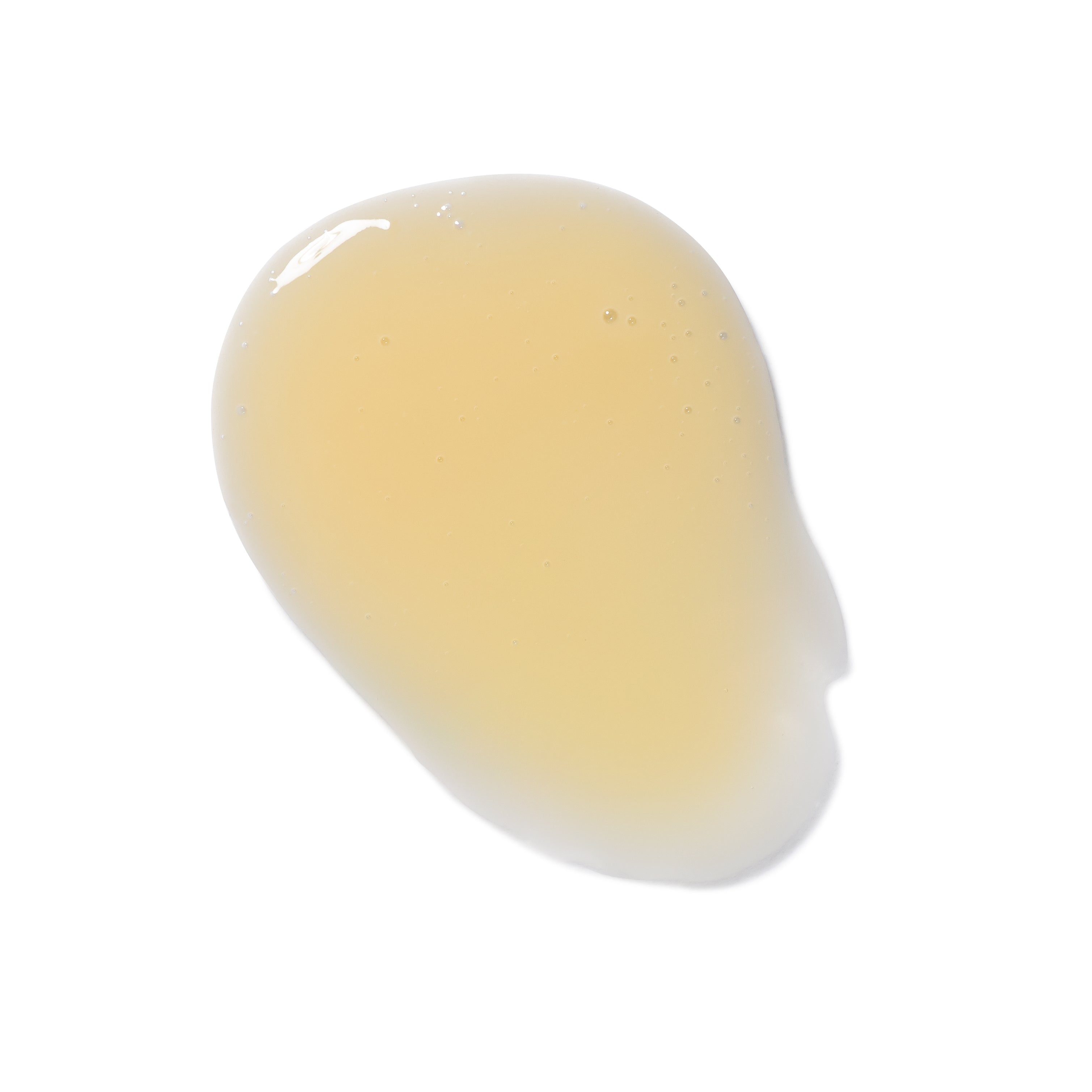
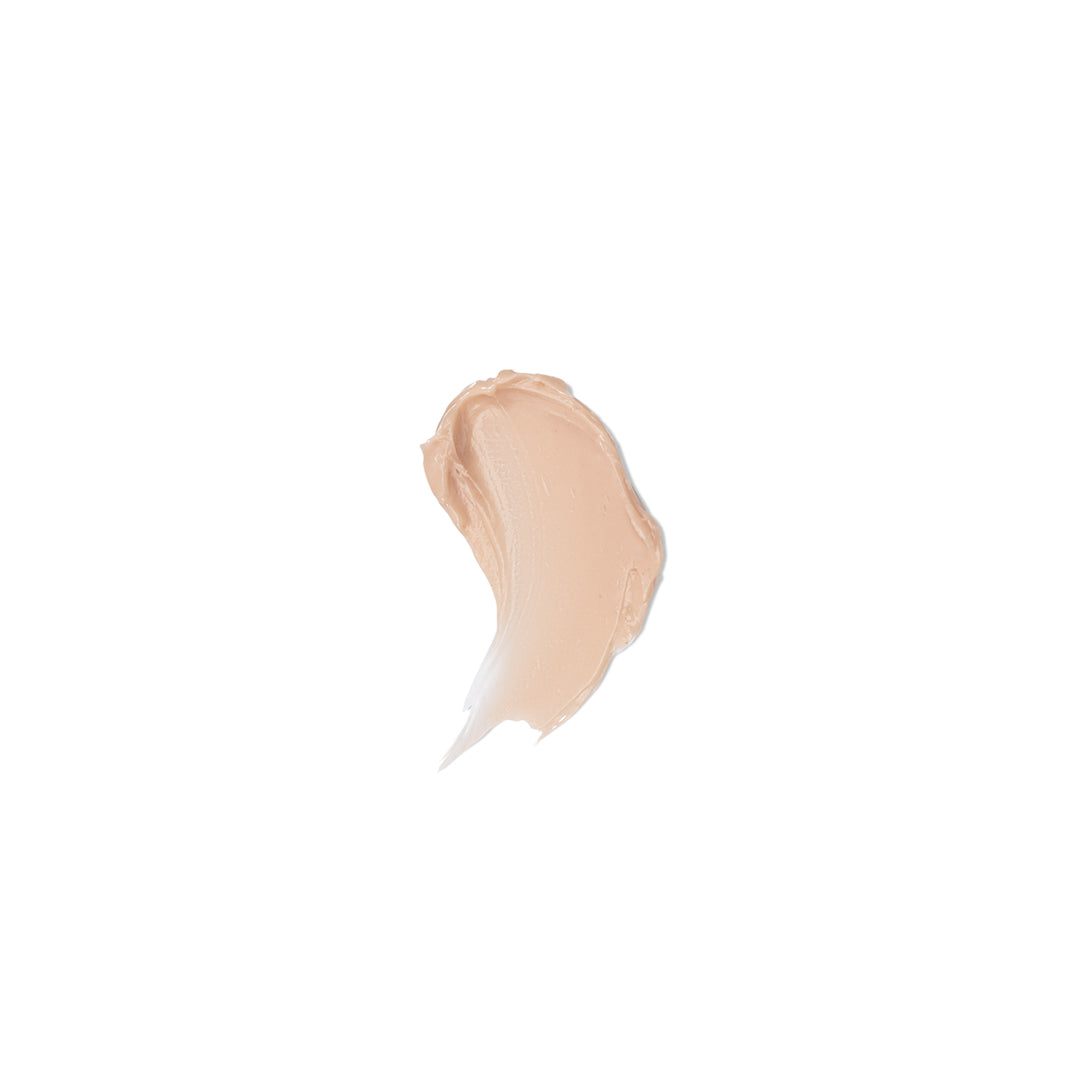
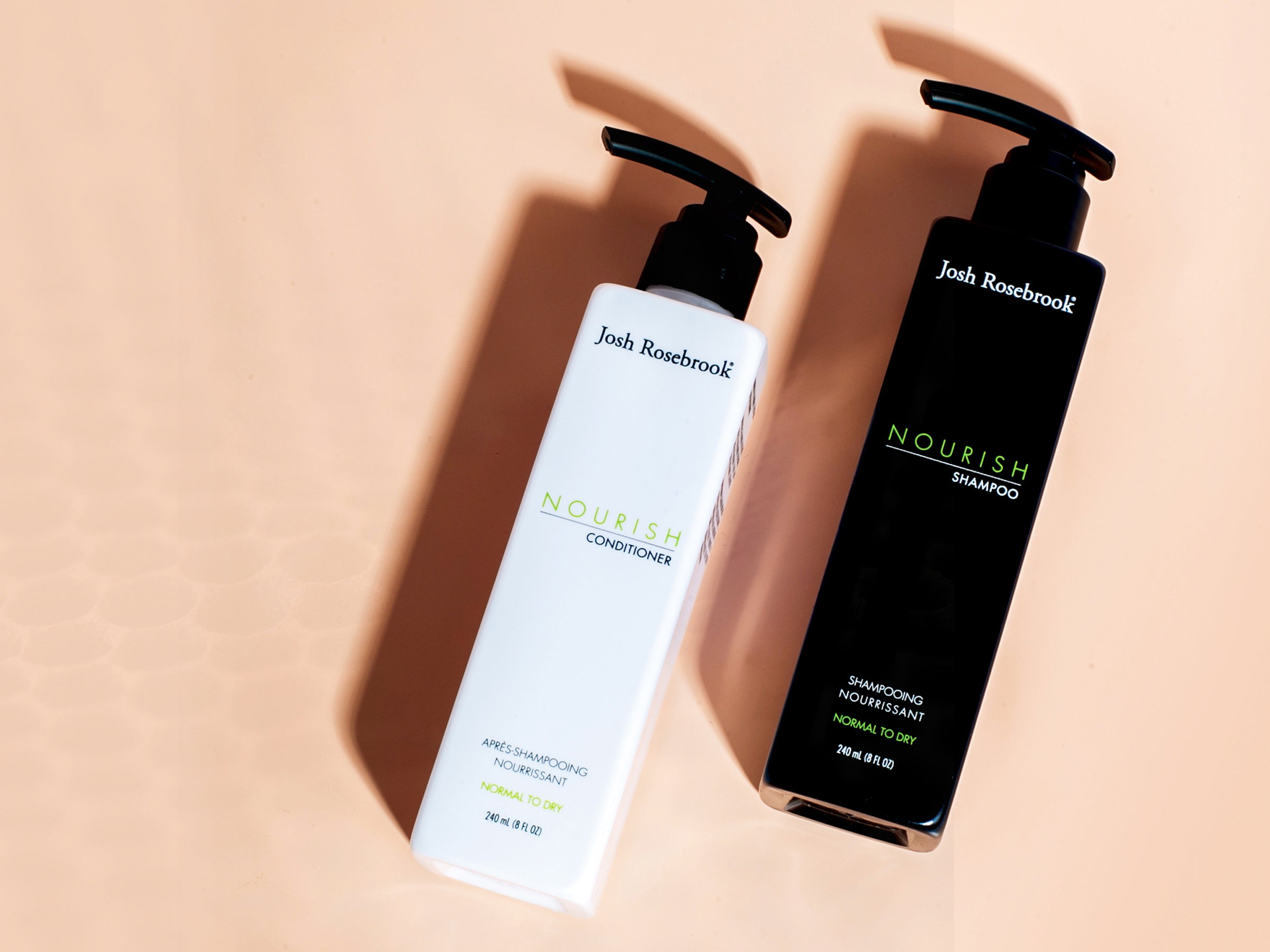

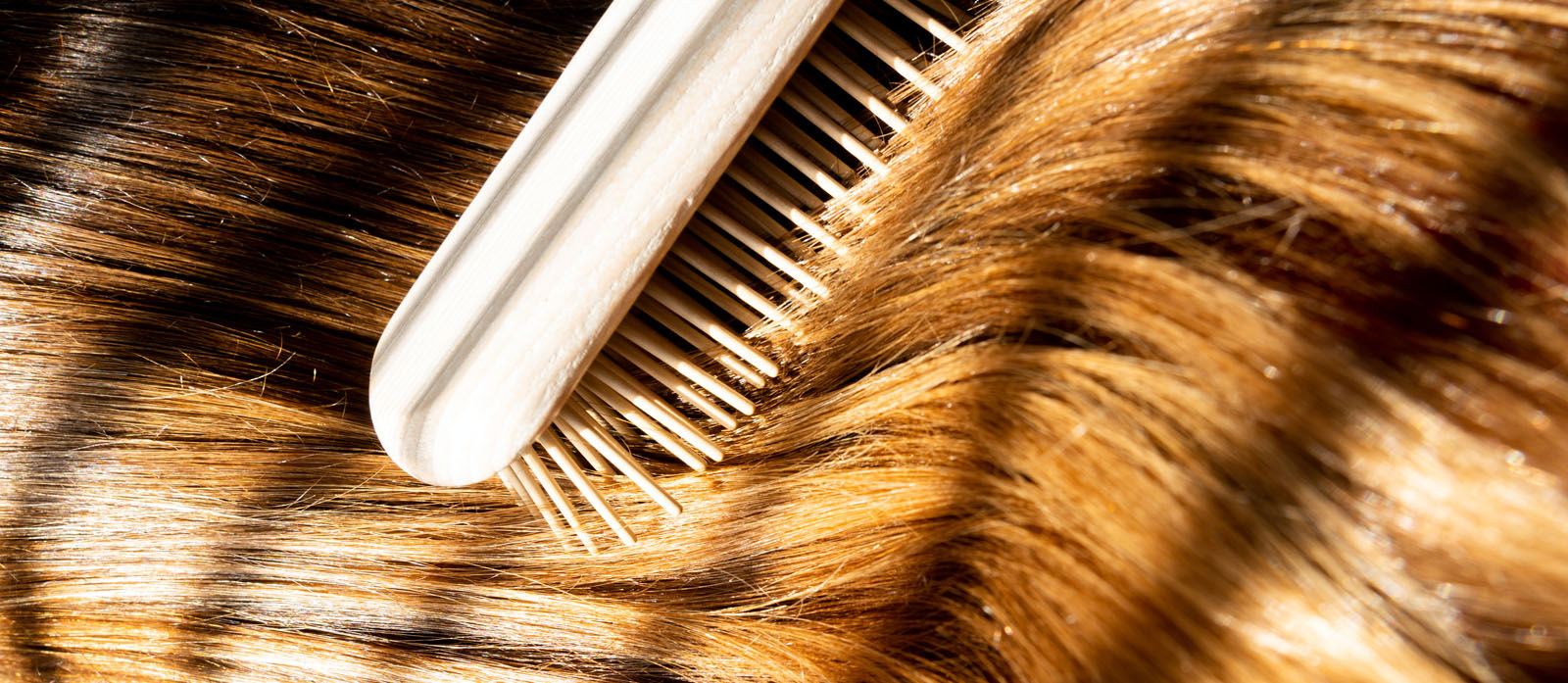
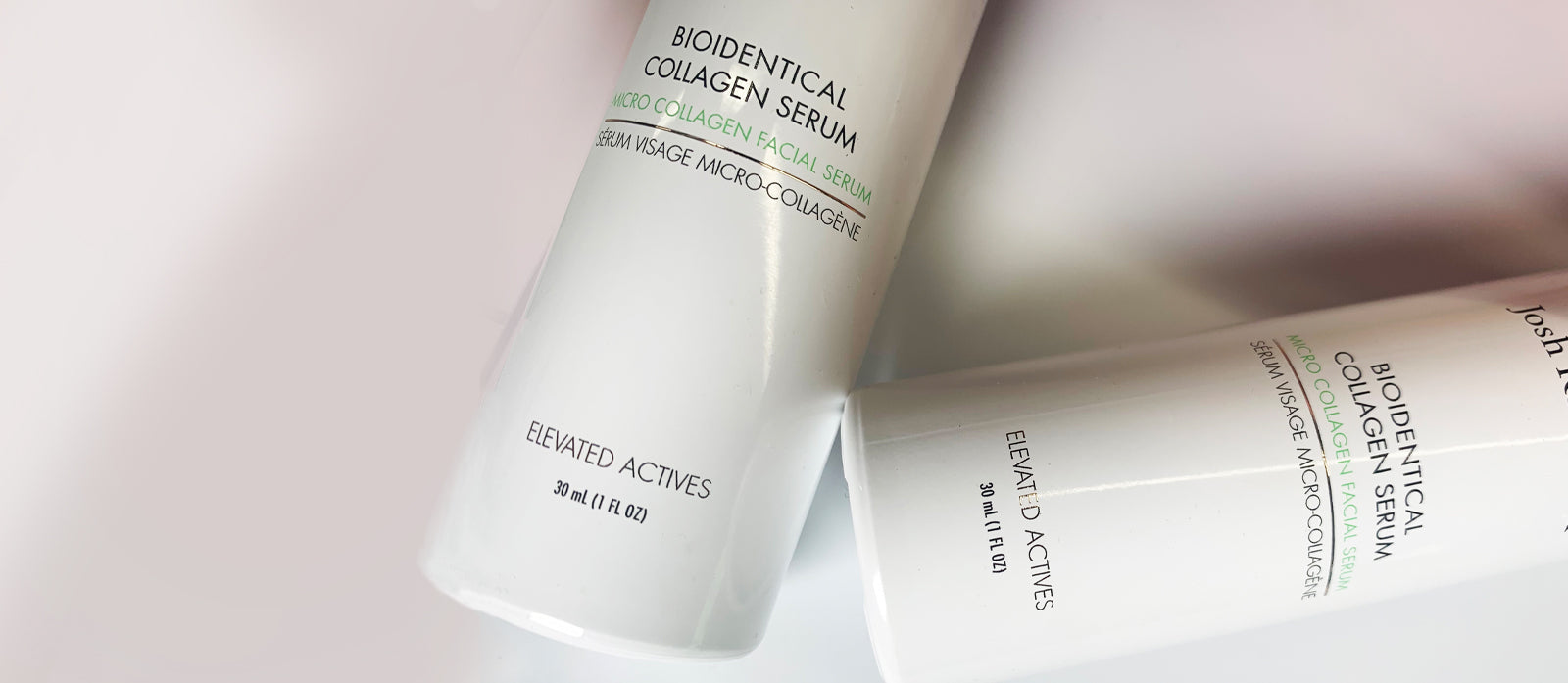
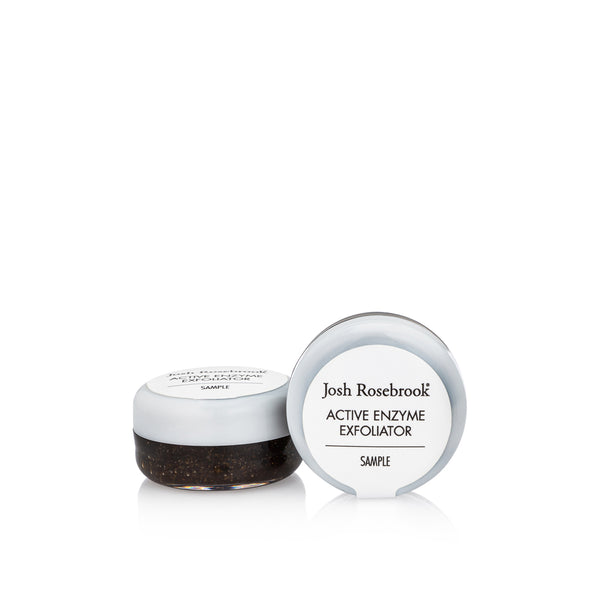
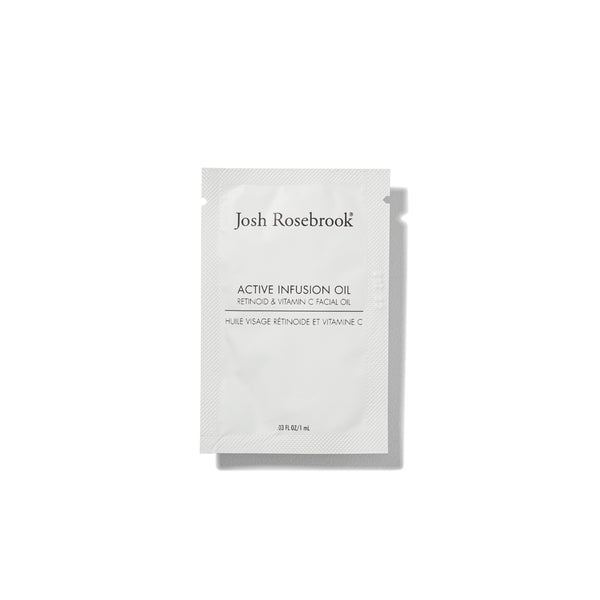
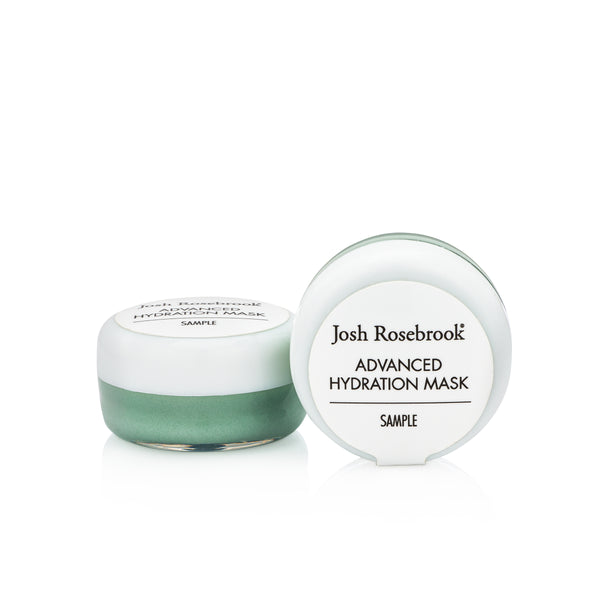
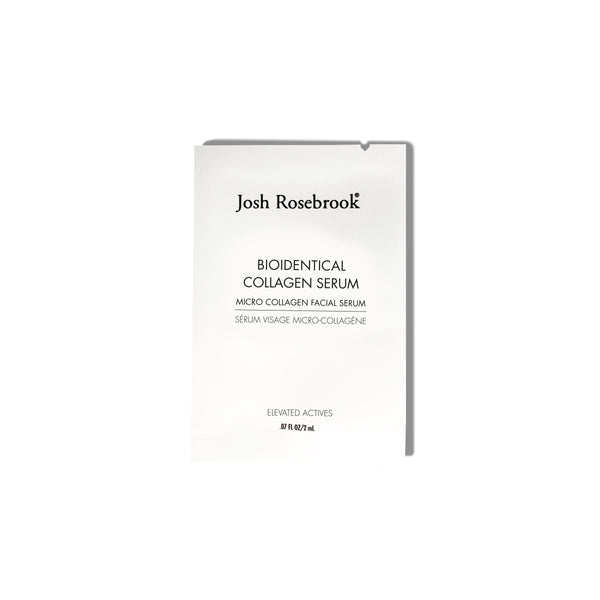

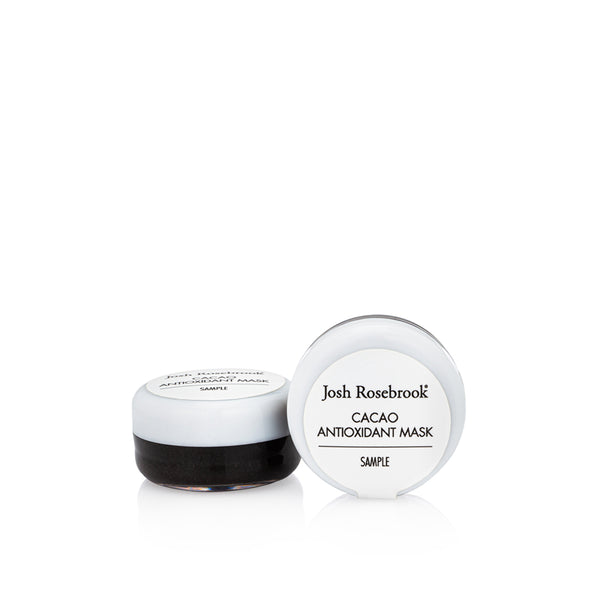
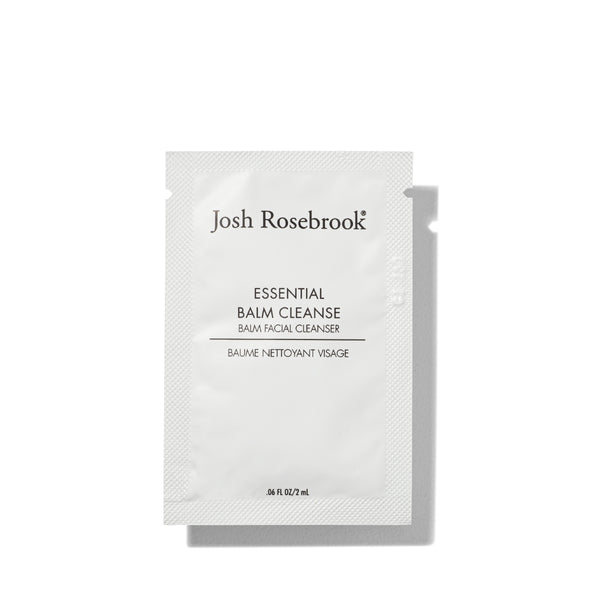
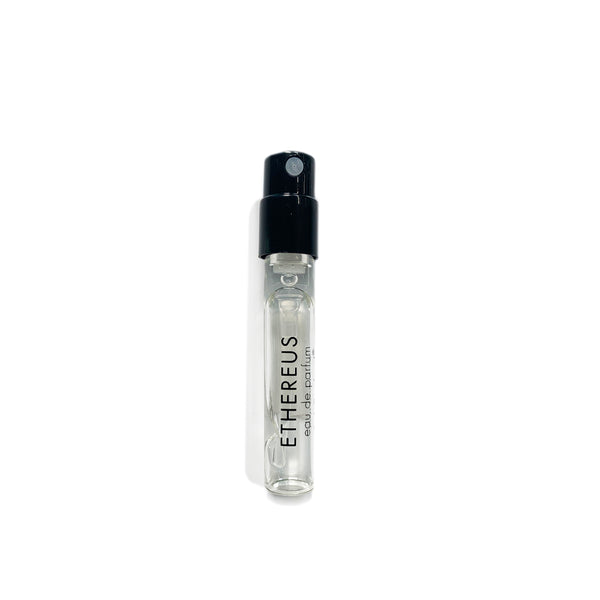
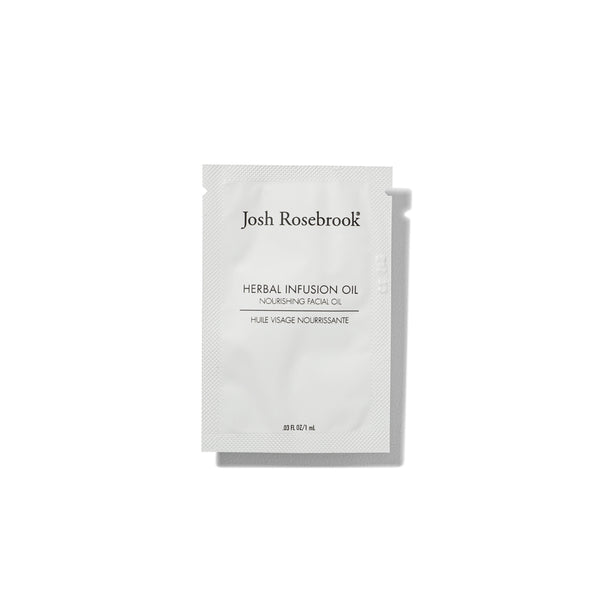
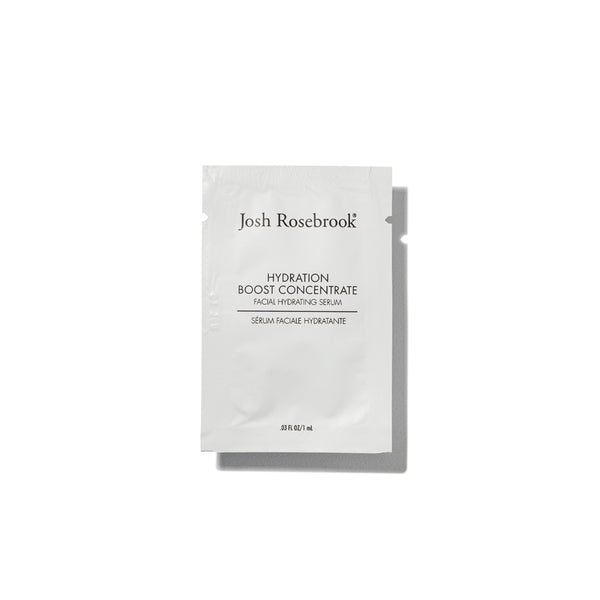
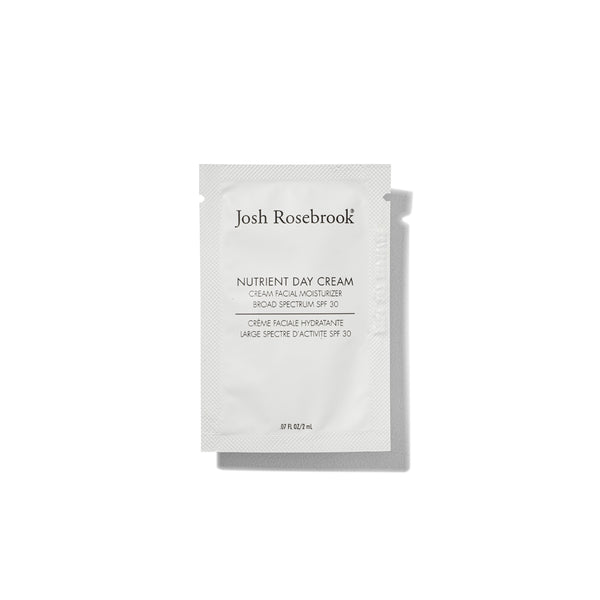
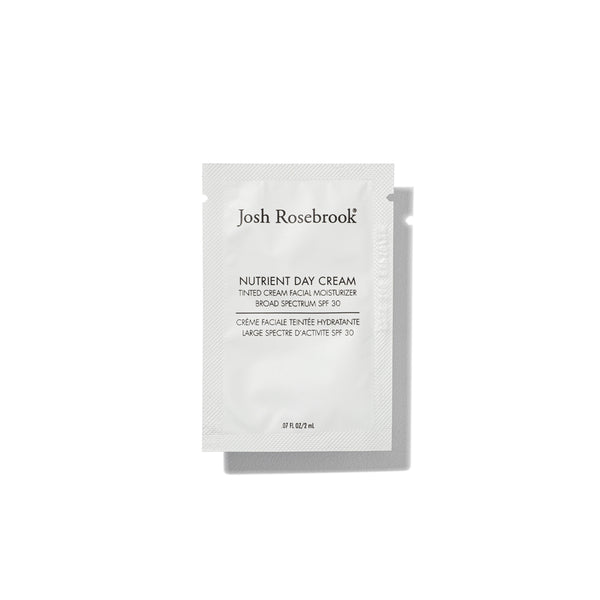
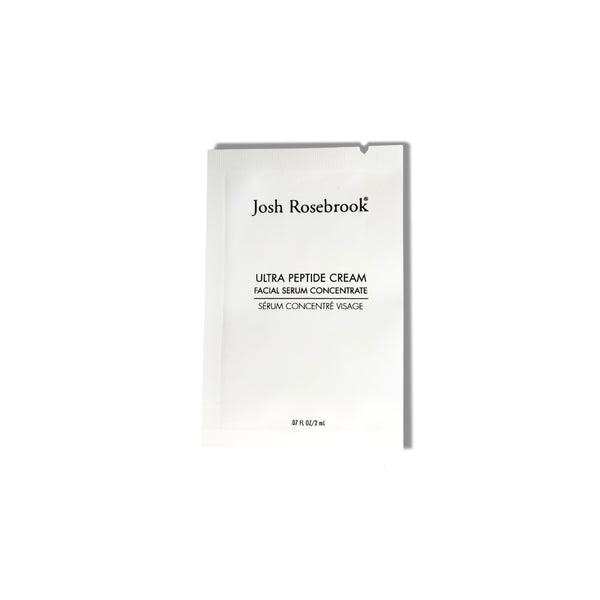
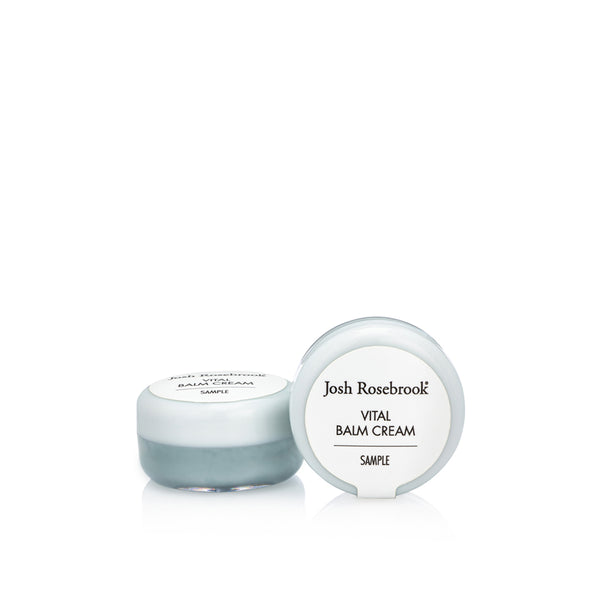
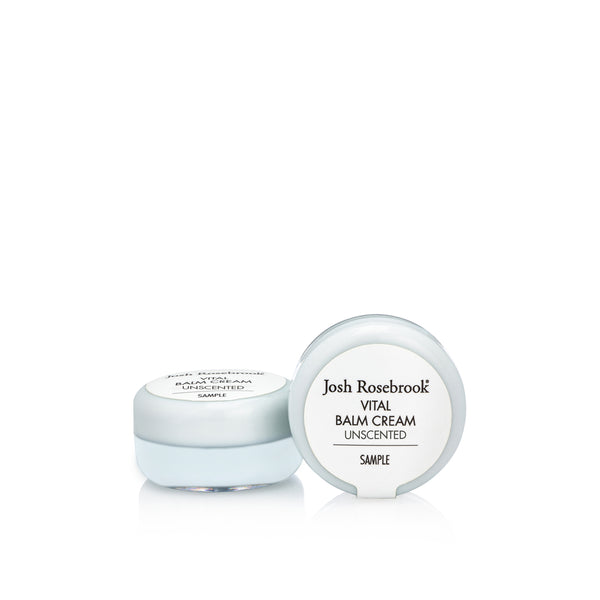
WRITTEN BY Josh Rosebrook